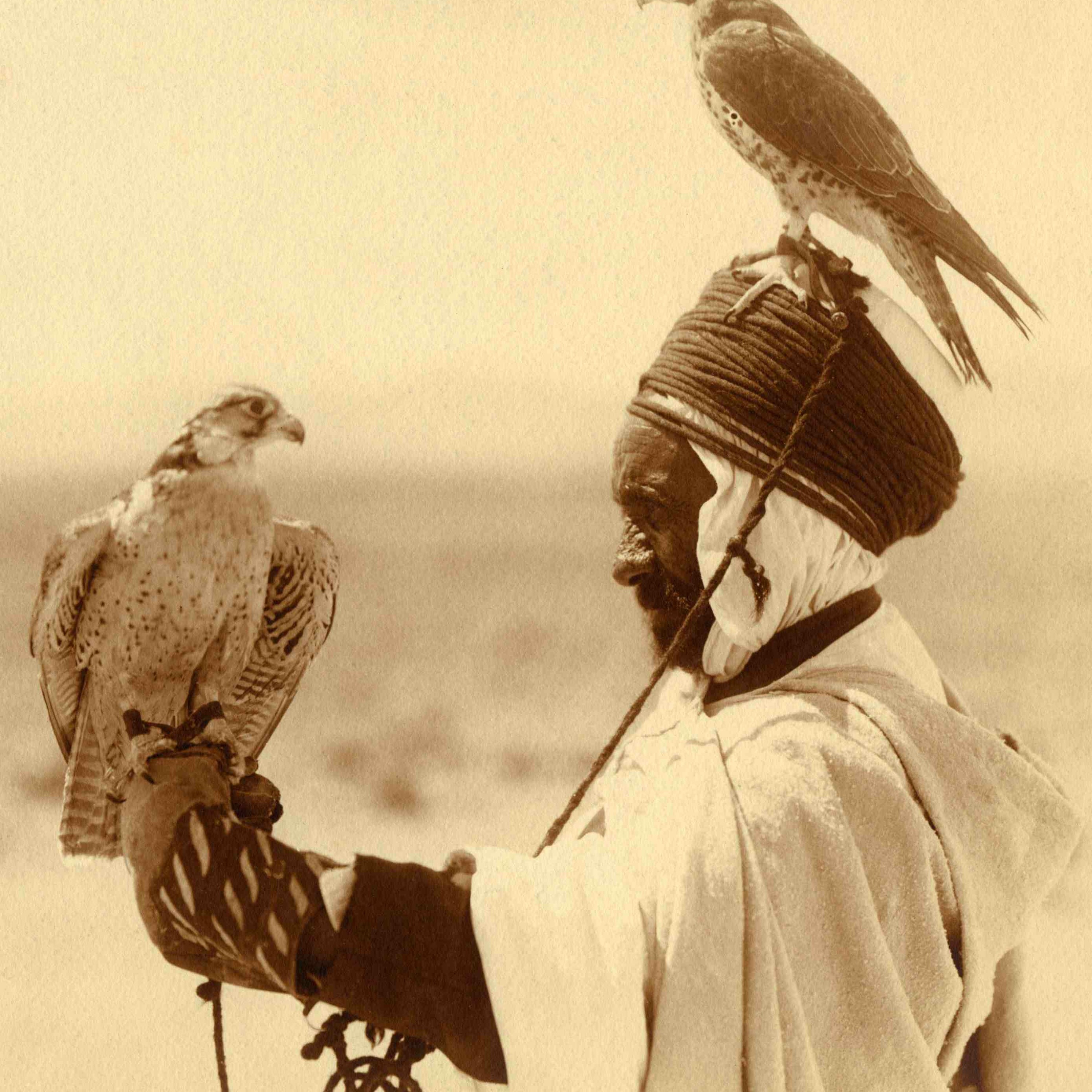Apr 18 2015 62 mins
SynTalk thinks about interpretation and understanding of the self & the other, while constantly wondering why & if it is difficult to truly understand another culture. What more do we need besides translation and interpretation? The concepts are derived off / from Aristotle, Homer, Aquinas, Omar Khayyam, Descartes, Akbar, Marx, Wittgenstein, Bakhtin, Gandhi, Edward Said, Huntington, Derrida, Donald Davidson, Fredrik Barth, Stanislaw Lem, Tarkovsky, Janet Abu-Lughod, Bernard Williams, Immanuel Wallerstein, Aitmatov, & S. N. Balagangadhara, among others. Has one culture interpreted and described all others, & are all cultures cognitively understandable? Is a meta theory of cultural understanding possible? Are cultures ‘configurations of learning’, with both teachable and learnable components? Is ‘cultural-difference’ (& not culture or difference) the a priori (somewhat) like space-time, & how does the process of saliencing some domains (such as morality) work? Can pristine nature be scary? The long historical process of nomads gradually moving to cities? How a civilization (with writing, language, technology, & polity) makes its cultures robust? How the way identities are individuated may be very different across cultures, & how some modes of relationality may be inherited? Is it possible for a culture to have a private language? When do people begin to be cultured (links with city-life)? Should we try to break up culture into diverse units to see the robustness in them? The puzzle of the knitted-together-ness (inter-textuality) of descriptions (from priests’ to traders’) completely distinct from each other? How Silk Road (from China to the Mediterranean) is an indication of pre modern globalization? Does a culture need (say) territory, ethnicity, religion, or sovereignty to thrive, and is descent a vital part of any thriving culture? Why are some cultures dominant, and what is the need to bring in other kinds of narratives? The difference between the nation and the ethnie. Why did multiculturalism come up in the 1970s in Australia? The fascinating possible historical (1250-1350 AD) connections between Europe, Middle East and the Far East. Is it commonsensical to think that every culture would have a religion? Why? What then was the religion of the early Greeks or Romans? Is it only through others that we can know ourselves – the internally familiar world, and the need for the other (mirror, border, foreigner). Is monologue death? The links between theory of radical interpretation, 1480 BC, Babylon, brain matter, pottery, shamanism, lion, conquests, cutting wood, marriage, Kannada, slave trade, Nagaland, Sulh-i—kul, & the Asian Renaissance. What would be the nature of the multi-cultural moment if we come in contact with aliens? The deep need for hospitality without thematization. The SynTalkrs are: Prof. Vivek Dhareshwar (philosophy, Srishti Institute of Design, Bangalore), Prof. Rashmi Doraiswamy (international studies, Jamia Millia Islamia, Delhi), & Prof. Shereen Ratnagar (archaeology, ex-JNU, Delhi).
